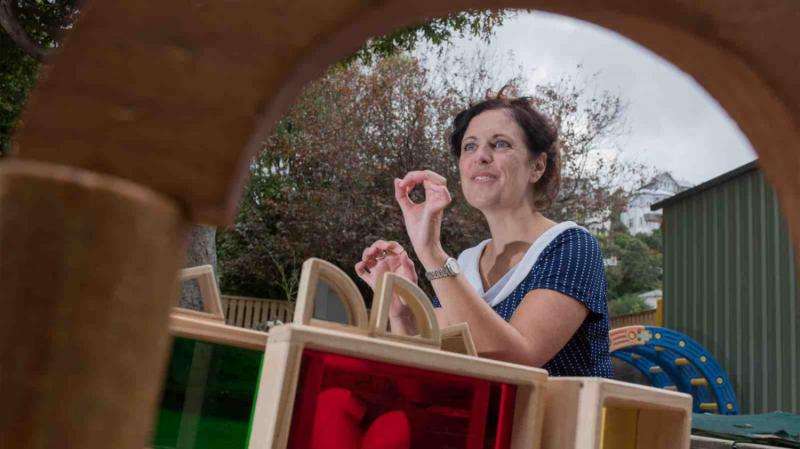New Zealand teachers need to re-think mat time

Mat time may be an important part of a child's education, but new research from Victoria University of Wellington suggests that teachers need to clarify why it matters, if students are to benefit from it.
As an early childhood teacher with ten years' experience, Victoria University School of Education lecturer Anita Mortlock decided to focus her doctoral studies on children's peer culture during mat time, to uncover the effect it has on a child's ability to learn.
Anita conducted her research on Year Two students—six-and seven-year-olds—and their teachers, collecting data from three classrooms in Wellington and from a range of Year Two teachers in New Zealand.
Her results suggest that teachers need to re-think the way they use mat time.
"Many teachers use mat time but they get little training or support during their tertiary education on how to best use it. As a sector, we need to learn how to think more strategically about its purpose.
"I noticed from my classroom surveillance and interviews that most teachers have competing goals for what they want to achieve at mat time. This might include trying to create group cohesion, where children are encouraged to think outside the square and engage with one another, yet they simultaneously ask closed questions to highlight important facts which can foster competition. These two goals of cohesion and competition create a confusing environment for children."
Anita says that eighty percent of teachers surveyed said they believed children enjoy mat time, but only twenty percent said that children pay attention during mat time.
"These results mean that if teachers see mat time as the time to teach core information, they should aim to have a high amount of attention paid by the children. Clearly teachers believe this isn't happening, so maybe it means mat time isn't the place to be doing core teaching."
Anita believes if mat time is sensitively facilitated by teachers it can create an opportunity for children to socialise and share more about themselves.
"I identified that students with few friends or social skills really benefitted from partner or group discussions that were well-controlled by the teacher at mat time. On the flip side, if children were always allowed to choose their own friends for group activities there was exclusion of specific children, which led to their disengagement. This could impact on their learning."
Provided by Victoria University of Wellington
















